We share some resources below, available through various media platforms, on identity, race and culture. There are additional identities and cultures and more that we are continuing to add. We welcome recommendations that you believe would be a rich resource for the Northeastern community. Please email us, with the subject line “Identity, Race, and Culture Resource”, at diversity@northeastern.edu.
Resources
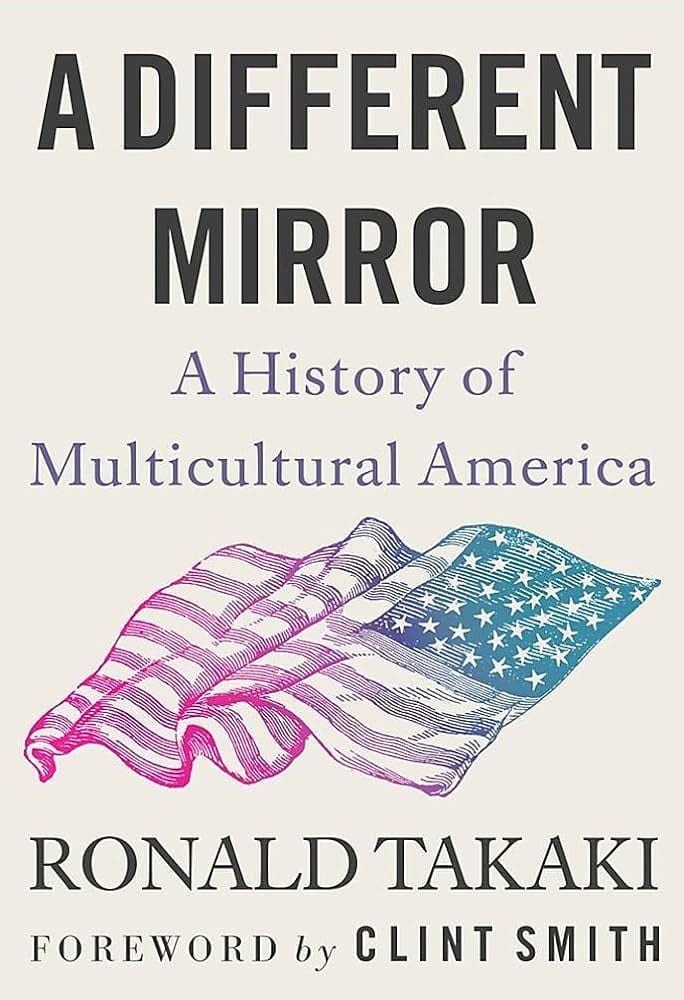
A Different Mirror: A History of Multicultural America (2023).
Ronald Takaki’s landmark work of history retells U.S. history from the bottom up, through the lives Indigenous people, African Americans, Jewish Americans, Irish Americans, Asian Americans, Latino Americans, and others.
Source: Here
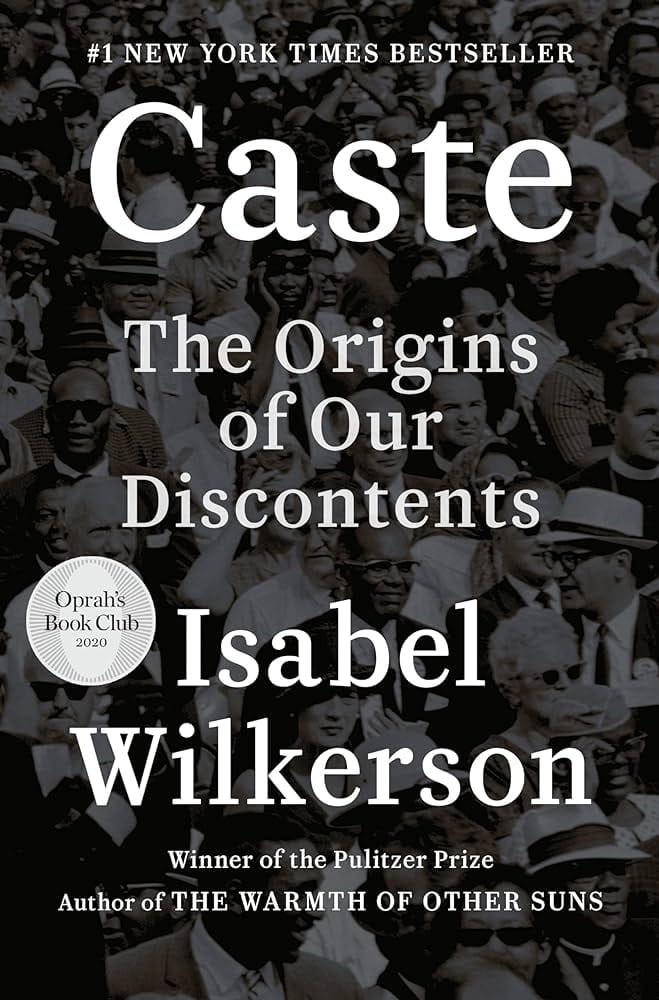
Caste by Isabel Wilkerson (2020).
As we go about our daily lives, caste is the wordless usher in a darkened theater, flashlight cast down in the aisles, guiding us to our assigned seats for a performance. The hierarchy of caste is not about feelings or morality. It is about power which groups have it and which do not. In this book, Isabel Wilkerson gives us a portrait of an unseen phenomenon in America as she explores, through an immersive, deeply researched narrative and stories about real people, how America today and throughout its history has been shaped by a hidden caste system, a rigid hierarchy of human rankings.
Source: Here
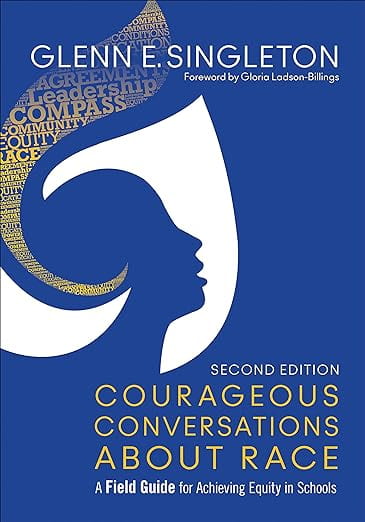
Courageous Conversations About Race by Glenn Singleton (2015).
Glenn Singleton explains the need for candid, courageous conversations about race so that educators may understand why student disengagement and achievement inequality persists and learn how they can develop a curriculum that promotes true educational equity and excellence.
Source: Here
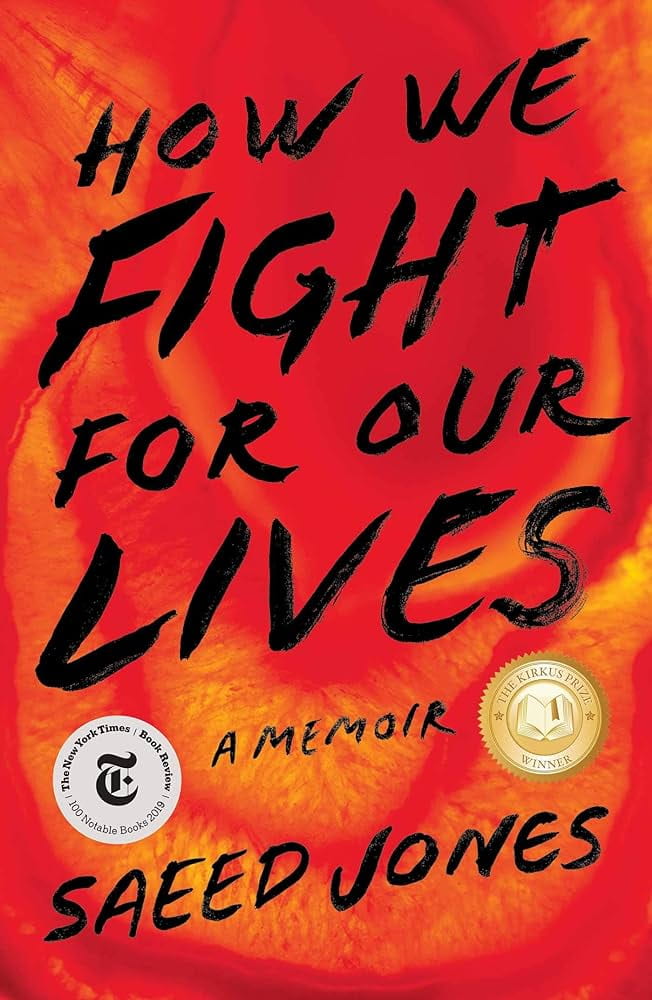
How We Fight for Our Lives by Saeed Jones (2019)
Haunted and haunting, How We Fight for Our Lives is a stunning coming-of-age memoir about a young, black, gay man from the South as he fights to carve out a place for himself, within his family, within his country, within his own hopes, desires, and fears. Through a series of vignettes that chart a course across the American landscape, Jones draws readers into his boyhood and adolescence—into tumultuous relationships with his family, into passing flings with lovers, friends, and strangers.
Source: Here
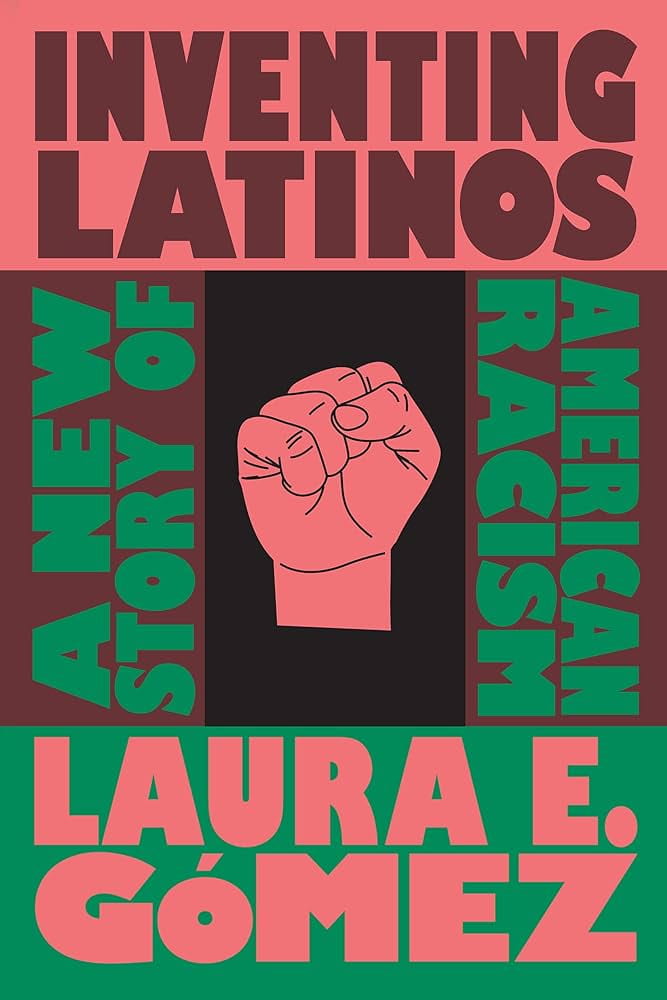
Inventing Latinos: A New Story of American Racism(2020).
Who are Latinos and where do they fit in America’s racial order? In this “timely and important examination of Latinx identity” (Ms.), Laura E. Gómez, a leading critical race scholar, argues that it is only recently that Mexican Americans, Puerto Ricans, Cubans, Dominicans, Central Americans, and others are seeing themselves (and being seen by others) under the banner of a cohesive racial identity. And the catalyst for this emergent identity, she argues, has been the ferocity of anti-Latino racism.
In what Booklist calls “an incisive study of history, complex interrogation of racial construction, and sophisticated legal argument,” Gómez “packs a knockout punch” (Publishers Weekly), illuminating for readers the fascinating race-making, unmaking, and re-making processes that Latinos have undergone over time, indelibly changing the way race functions in this country.
Source: Here
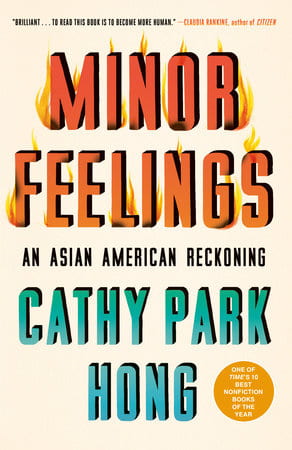
Minor Feelings By Cathy Park Hong (2020).
Poet and essayist Cathy Park Hong fearlessly and provocatively blends memoir, cultural criticism, and history to expose fresh truths about racialized consciousness in America. Part memoir and part cultural criticism, this collection is vulnerable, humorous, and provocative—and its relentless and riveting pursuit of vital questions around family and friendship, art and politics, identity and individuality, will change the way you think about our world.
Source: Here
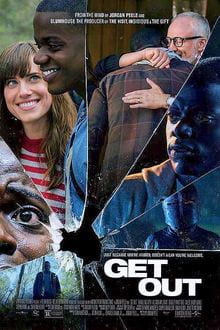
Movie Get Out directed by Jordan Peele(2017).
A young African American man joins his white girlfriend for a visit to her parents’ grand estate, only to uncover unsettling truths lurking beneath their facade of hospitality. Initially, their interracial relationship sparks uncomfortable conversations, but as the story unfolds, he discovers the deep-seated racism that lies at the heart of their seemingly idyllic family dynamics, leading to a disturbing and harrowing revelation.
Source: Here
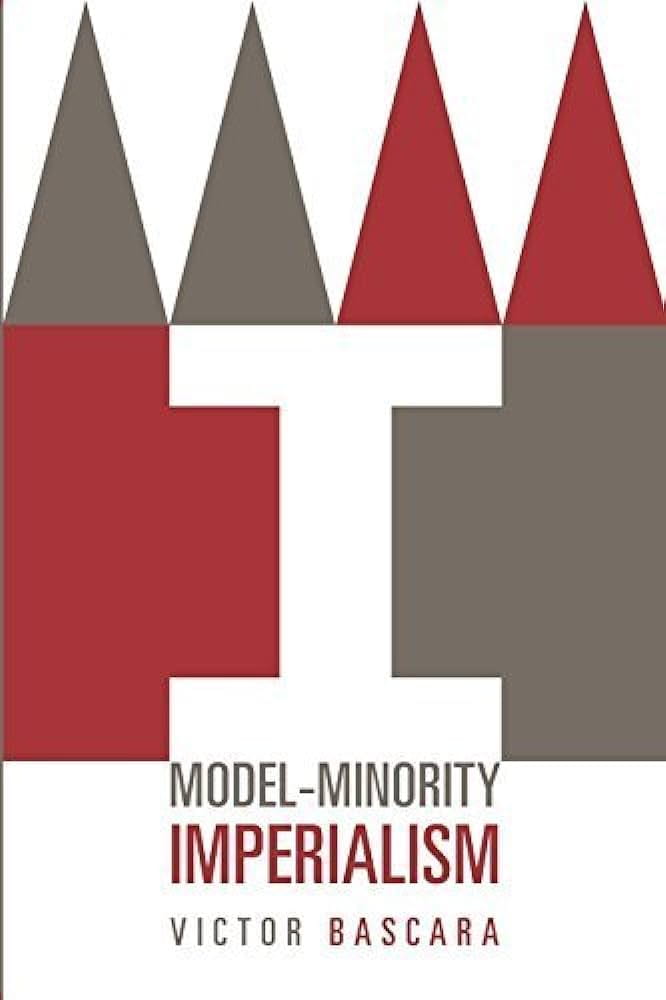
Model Minority Imperialism by Victor Bascara (2006).
Asian American racialization, economics, and the U.S. empire take center stage in this academic study. Analyzing geopolitical events alongside media representations of Asian America, Bascara tracks how the model minority myth and Asian American assimilation interact with American imperialism. Ultimately, Model Minority Imperialism challenges readers to examine the current-day U.S. empire, particularly how it is rooted in racial exclusion.
Source: Here
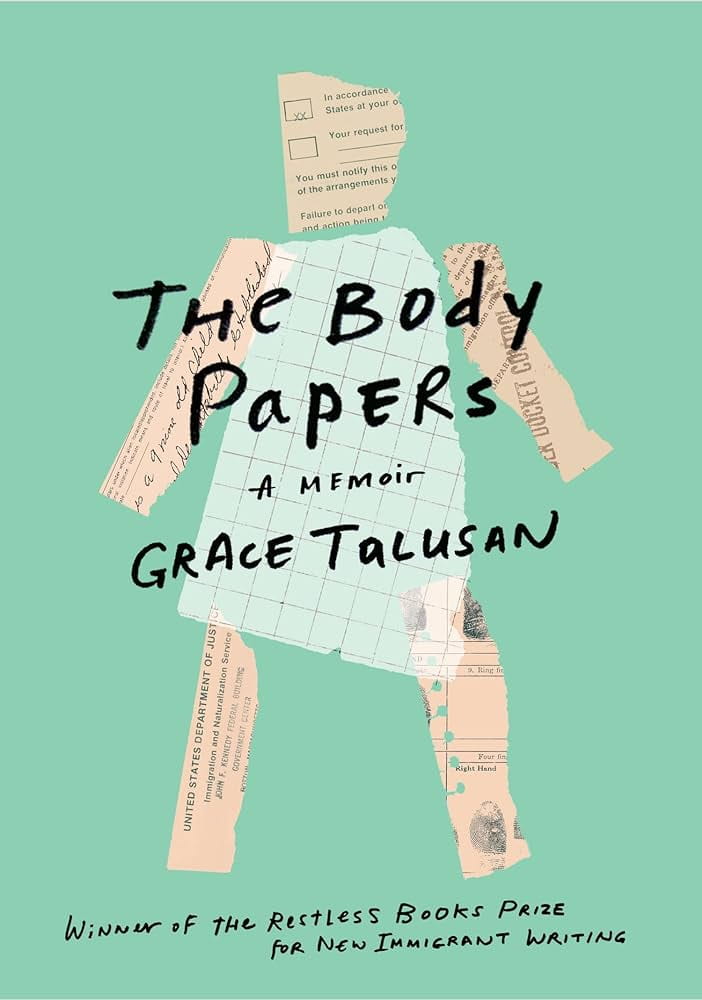
The Body Papers, by Grace Talusan (2020).
This intimate debut memoir by an electric Filipino-American writer, awarded the Restless New Books Prize for Immigrant Writing, takes its title from the myriad ways that paper documents, like citizenship papers and medical records, have shaped the author’s life. Talusan grew up in suburban New England during the 1970s, where she grappled with secrets like her family’s undocumented status and her molestation at the hands of her grandfather. The Body Papers traces her journey through a litany of unbearable traumas, and her emergence as a survivor of racism, cancer, immigration, and so much more. It’s a raw, fierce, and moving experience.
Source: Here
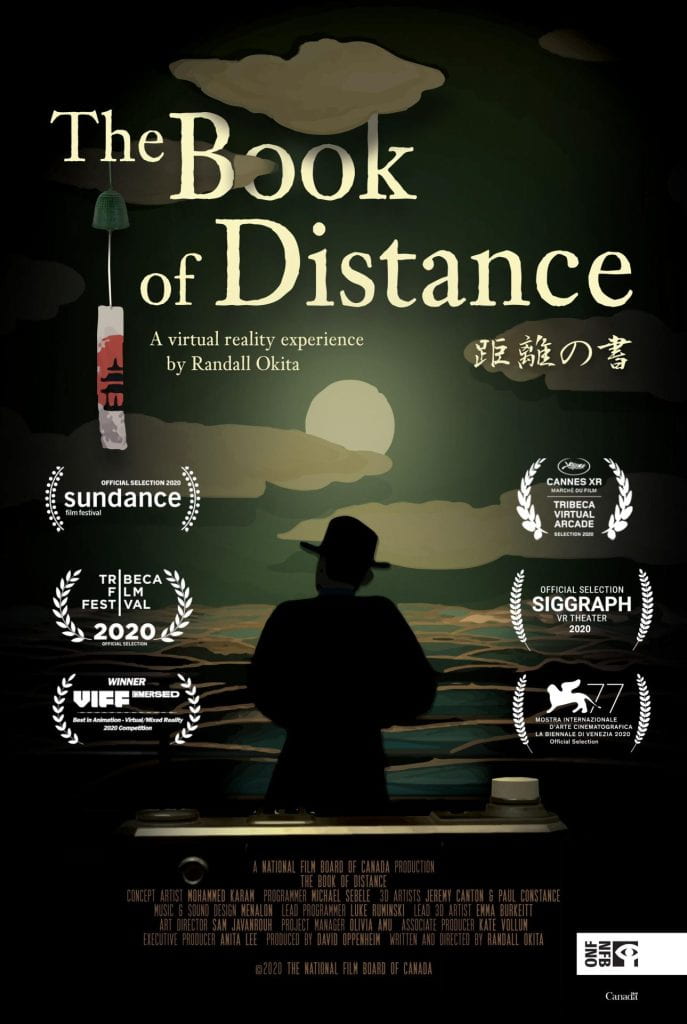
The Book of Distance, by Randall Okita(2020).
In 1935, Yonezo Okita left his home in Hiroshima, Japan, and began a new life in Canada. Then war and state-sanctioned racism changed everything—he became the enemy, imprisoned by his government because he was Japanese. Three generations later, his grandson, artist Randall Okita, leads us on an interactive virtual pilgrimage through an emotional geography of immigration and family to recover what was lost. The Book of Distance details the experience of Okita, grandfather of the director, Randall Okita. The documentary delves into the internment of Japanese Canadians in World War II.
A powerful linear narrative is balanced with moments of interaction that deepen our understanding of the story. Seamless choreography moves us around the space, engaging our emotions through physical action. Revealed are family photos and documents that remind us that this journey is the real-life story of Okita. The audience is able to be “in” the journey through virtual reality, allowing them to be immersed in the unfolding experience which takes place across generations, landscapes, and various spaces. This 25-minute documentary has accumulated awards. Medium: Virtual Reality Narrative, Documentary.
Source: Here
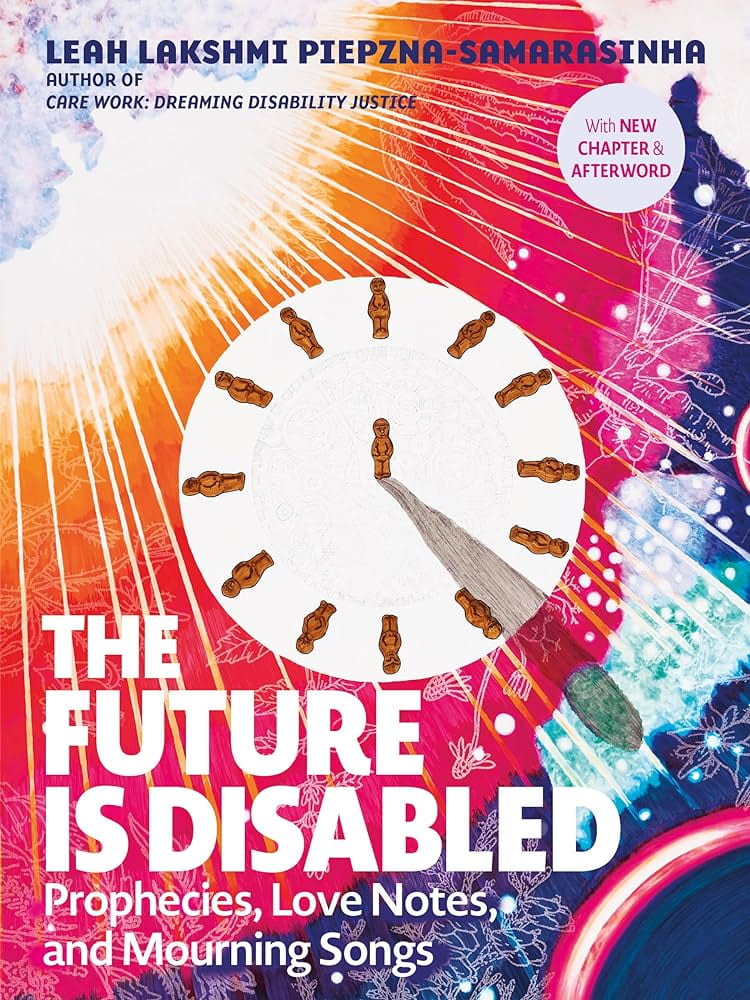
The Future Is Disabled: Prophecies, Love Notes and Mourning Songs(2022).
In The Future Is Disabled, Leah Lakshmi Piepzna-Samarasinha asks some provocative questions: What if, in the near future, the majority of people will be disabled–and what if that’s not a bad thing? And what if disability justice and disabled wisdom are crucial to creating a future in which it’s possible to survive fascism, climate change, and pandemics and to bring about liberation?
Written over the course of two years of disabled isolation during the pandemic, this is a book of love letters to other disabled QTBIPOC (and those concerned about disability justice, the care crisis, and surviving the apocalypse); honor songs for kin who are gone; recipes for survival; questions and real talk about care, organizing, disabled families, and kin networks and communities; and wild brown disabled femme joy in the face of death. With passion and power, The Future Is Disabled remembers our dead and insists on our future.
Source: Here
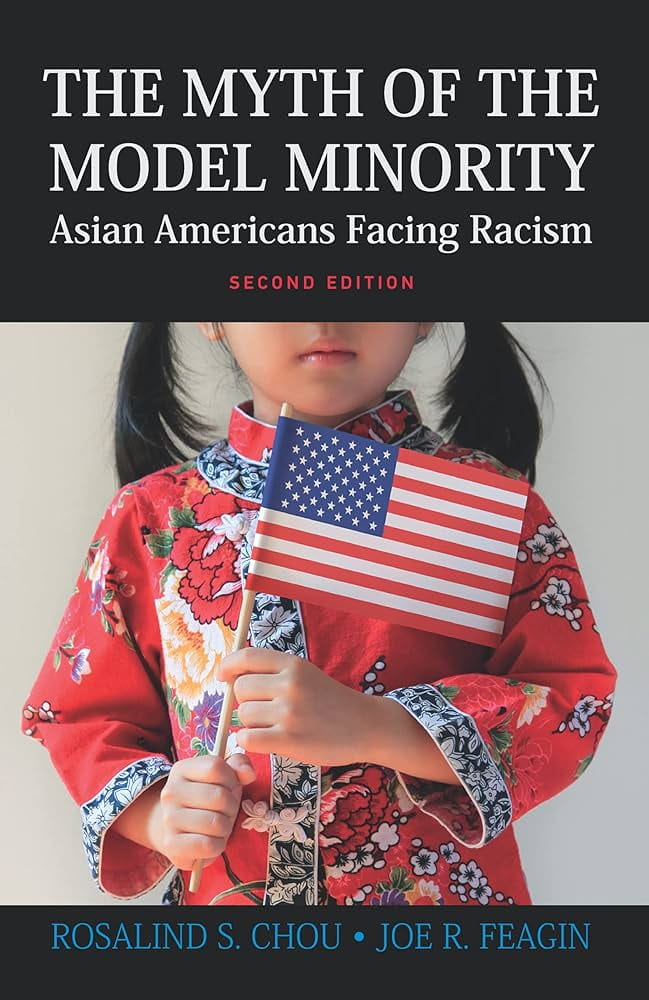
The Myth of the Model Minority: Asian Americans Facing Racism, Second Edition Chou, Rosalind S. (2014).
Michelle Alexander’s award winning book delves into mass incarceration and the truth about the United States’ thriving racial caste system. Ibram X. Kendi describes The New Jim Crow as “the spark that would eventually light the fire of Black Lives Matter.”
Source: Here
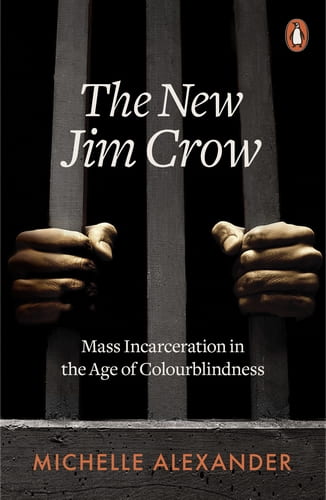
The New Jim Crow by Michelle Alexander (2010).
Michelle Alexander’s award winning book delves into mass incarceration and the truth about the United States’ thriving racial caste system. Ibram X. Kendi describes The New Jim Crow as “the spark that would eventually light the fire of Black Lives Matter.”
Source: Here
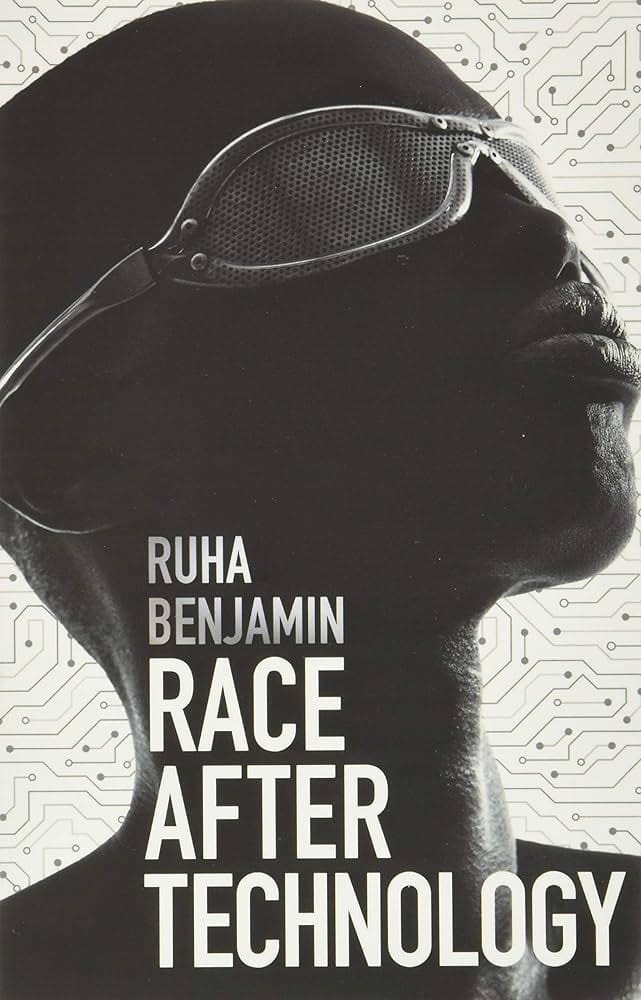
Race After Technology by Ruha Benjamin (2019).
From everyday apps to complex algorithms, Ruha Benjamin cuts through tech-industry hype to understand how emerging technologies can reinforce White supremacy and deepen social inequity. Benjamin argues that automation, far from being a sinister story of racist programmers scheming on the dark web, has the potential to hide, speed up, and deepen discrimination while appearing neutral and even benevolent when compared to the racism of a previous era.
Source: Here
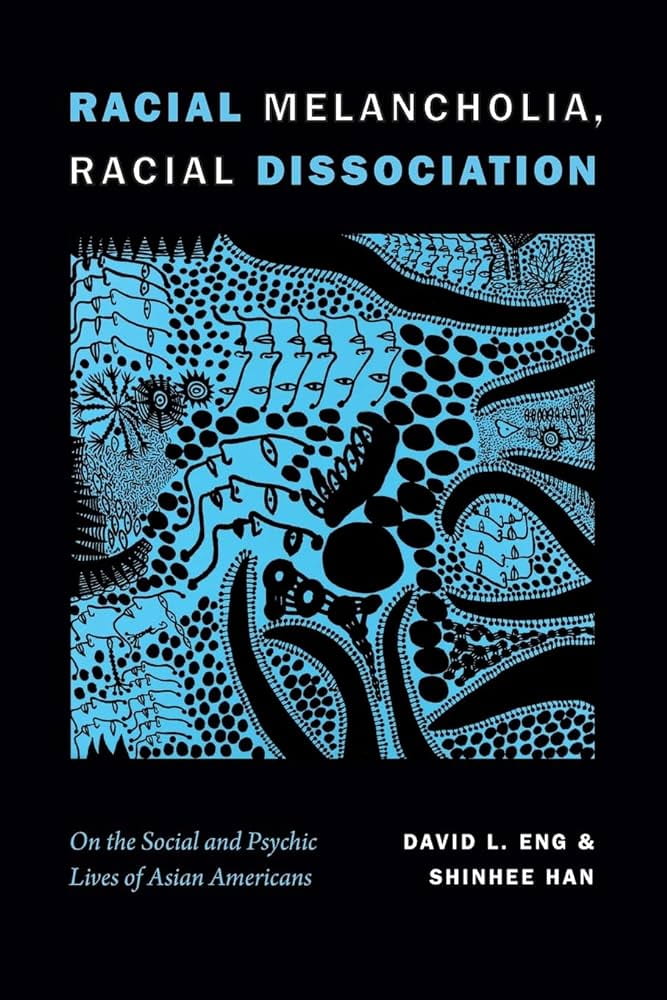
Racial Melancholia, Racial Dissociation: On the Social and Psychic Lives of Asian Americans by David L. Eng and Shinhee Han (2019).
In Racial Melancholia, Racial Dissociation critic David L. Eng and psychotherapist Shinhee Han draw on case histories from the mid-1990s to the present to explore the social and psychic predicaments of Asian American young adults from Generation X to Generation Y. Combining critical race theory with several strands of psychoanalytic thought, they develop the concepts of racial melancholia and racial dissociation to investigate changing processes of loss associated with immigration, displacement, diaspora, and assimilation. These case studies of first- and second-generation Asian Americans deal with a range of difficulties, from depression, suicide, and the politics of coming out to broader issues of the model minority stereotype, transnational adoption, parachute children, colorblind discourses in the United States, and the rise of Asia under globalization. Throughout, Eng and Han link psychoanalysis to larger structural and historical phenomena, illuminating how the study of psychic processes of individuals can inform investigations of race, sexuality, and immigration while creating a more sustained conversation about the social lives of Asian Americans and Asians in the diaspora.
Source: Here
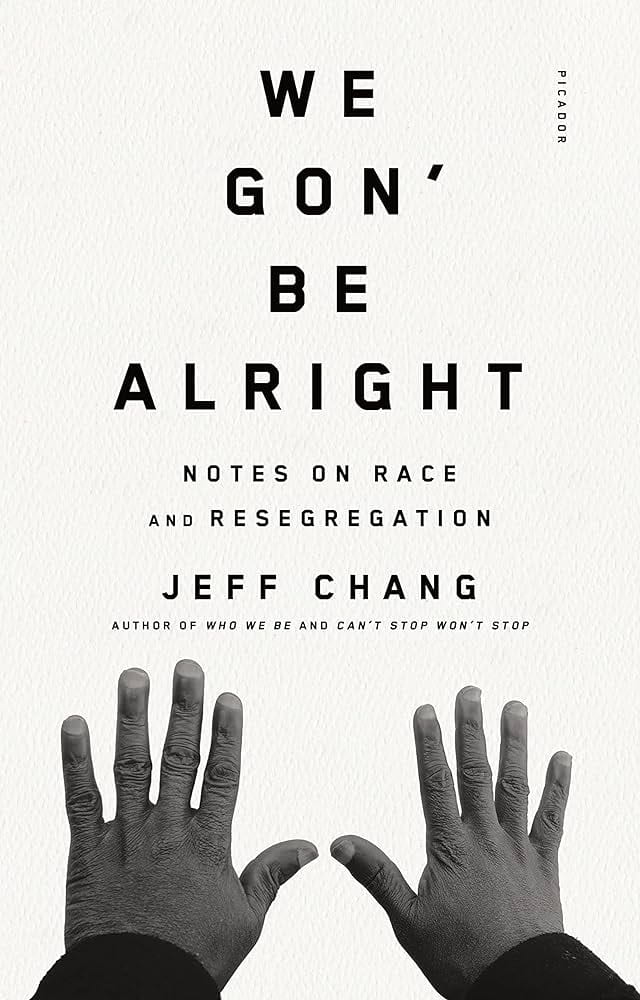
We Gon’ Be Alright: Notes on Race and Resegregation by Jeff Chang (2016).
In these provocative, powerful essays acclaimed writer/journalist Jeff Chang (Can’t Stop Won’t Stop, Who We Be) takes an incisive and wide-ranging look at the recent tragedies and widespread protests that have shaken the country. Through deep reporting with key activists and thinkers, passionately personal writing, and distinguished cultural criticism, We Gon’ Be Alright links #BlackLivesMatter to #OscarsSoWhite, Ferguson to Washington D.C., the Great Migration to resurgent nativism.
Chang explores the rise and fall of the idea of “diversity,” the roots of student protest, changing ideas about Asian Americanness, and the impact of a century of racial separation in housing. He argues that resegregation is the unexamined condition of our time, the undoing of which is key to moving the nation forward to racial justice and cultural equity.
Source: Here